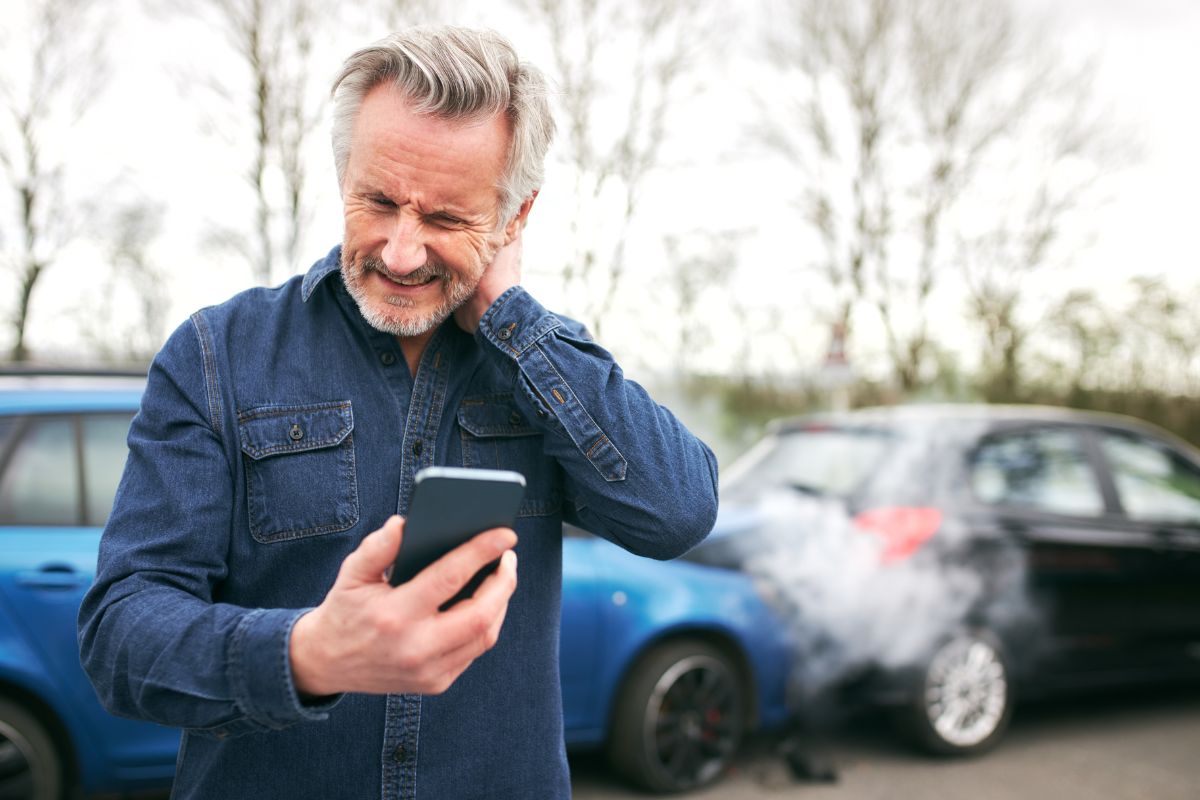What to Do if You Were Uninsured at the Time of a Car Accident


A good car insurance policy can safeguard drivers in an accident against bodily injury liability and property damage liability, thereby protecting you if you’re named in a personal injury lawsuit. Buying auto insurance should be a part of every vehicle purchase, and many insurance carriers offer affordable insurance rates. Each state has a different minimum amount of insurance that must be purchased before you’re considered a legal driver. In Washington, the minimum is $25,000 per person, $50,000 per accident.
However, statistics reveal there are a significant number of uninsured drivers on our roadways. If you are involved in a car accident with an at-fault driver, your legal rights will be limited. There will be fewer options to recover for damages suffered, including property damage to your vehicle, and less protection from claims filed against you, which may include paying for steep medical costs. These consequences can be severe depending on your situation.
There are four basic scenarios for a person who lacks liability insurance at the time of a car accident, listed from worst-case scenario to best-case scenario:
1) You were an uninsured driver, and at fault.
If you are an at-fault driver, the other party will be in a position to make claims against you directly. Without the protection of insurance, you are placed in a vulnerable situation. The injured party may obtain a court judgment against you. He or she can use the judgment to garnish your wages and paycheck and put the judgment against your home.
Lack of liability coverage means you may be held personally liable for vehicle repairs, medical bills for injuries, lost wages, and other expenses. Financial responsibility following an at-fault, no insurance crash could also mean paying out of pocket for any court judgment against you.
Even if you have a clean driving record and this is your first offense, the Department of Motor Vehicles (DMV) may opt to suspend your driver’s license if you cause an accident while uninsured, unless you post cash to cover the injured party’s bills, lost wages, and vehicle damage. Each collision is considered on a case by case basis, however, and the consequences vary by situation.
2) You were uninsured and both you and the other party were at fault.
In this situation, you and the other party share responsibility for the accident. As a result, you may be able to make claims against the other driver’s insurance company. But your claim will be limited to the percentage of the other driver’s fault. However, you are still vulnerable to the claims made by the other party you do not have your own liability insurance coverage as a source of protection.
3) You were uninsured, but not at fault, and the other driver was uninsured and at fault.
Here, you won’t have to defend yourself against the claims of the other party. However, when you bring a claim against the other party, his or her lack of insurance will make it difficult, if not impossible, to recover damages. This is because you will have to recover from the other parties’ personal assets rather than an insurance company. If you go to court and get a judgement against the other party, they can file bankruptcy and you may not collect anything. It is crucial to have car insurance, as many policies provide coverage for damages that the at-fault party cannot or does pay. This is called uninsured/underinsured (UIM) motorist coverage. To recover compensation for your damages, it is critical to have this type of insurance coverage on your policy.
4) You were uninsured but not at fault, and the other driver was insured and at fault.
In this situation, since you were not at fault, you can recover from the at-fault party’s insurance in what is called a third-party claim. This type of claim is made against the at-fault party’s liability insurance for the damages they caused. The person who caused the accident is responsible for paying your medical expenses, lost wages, vehicle damage, and your pain and suffering.
However, it is always best to always have car insurance, and to carry your proof of insurance and vehicle registration with you at all times while driving. In fact, Washington state law requires it. Many states will give you a substantial fine for not having auto insurance, even if you weren’t at fault in causing an accident.
So, with auto insurance premiums increasing over 17% between 2022 and 2023 (according to the U.S. Bureau of Labor Statistics), how does the average person afford car insurance? First, set aside some time to shop around and get several quotes to compare prices. In Washington state, it is a legal requirement to have $25,000/$50,000 bodily injury liability and $10,000 property damage liability included in your policy.
Hiring a Car Accident Lawyer in Yakima
Abeyta Nelson also recommends you get $500,000 liability and purchase uninsured/underinsured motorist coverage, which covers you if you or anyone in your vehicle is injured by an uninsured or underinsured driver, and personal injury protection (PIP) – $35,000-$50,000 which pays for medical expenses, wage loss, and home services such as nursing, housekeeping, and yard work you can’t complete due to an injury. PIP covers you no matter who causes an accident. It also covers you when riding a bike and as a pedestrian.
The statutes regarding personal injury and insurance laws vary from state to state and are constantly changing. If you’ve been injured in an auto accident and want to know your legal options, let the experienced personal injury lawyers at Abeyta Nelson Injury Law help you.
Send us a message or give us a phone call at 800-927-2845 if you believe you have a personal injury claim for a fair rate.